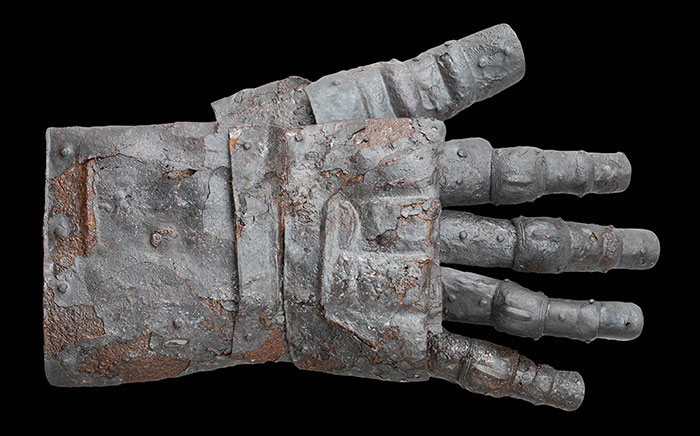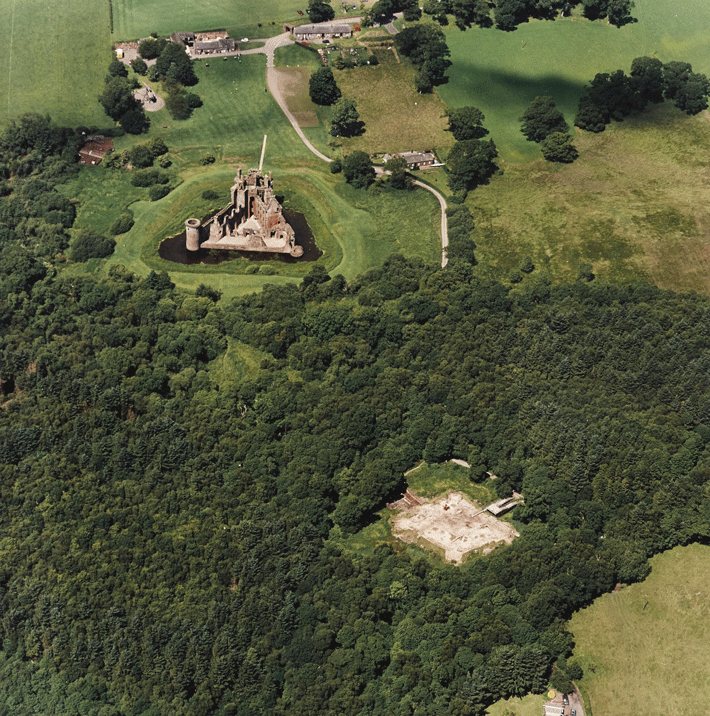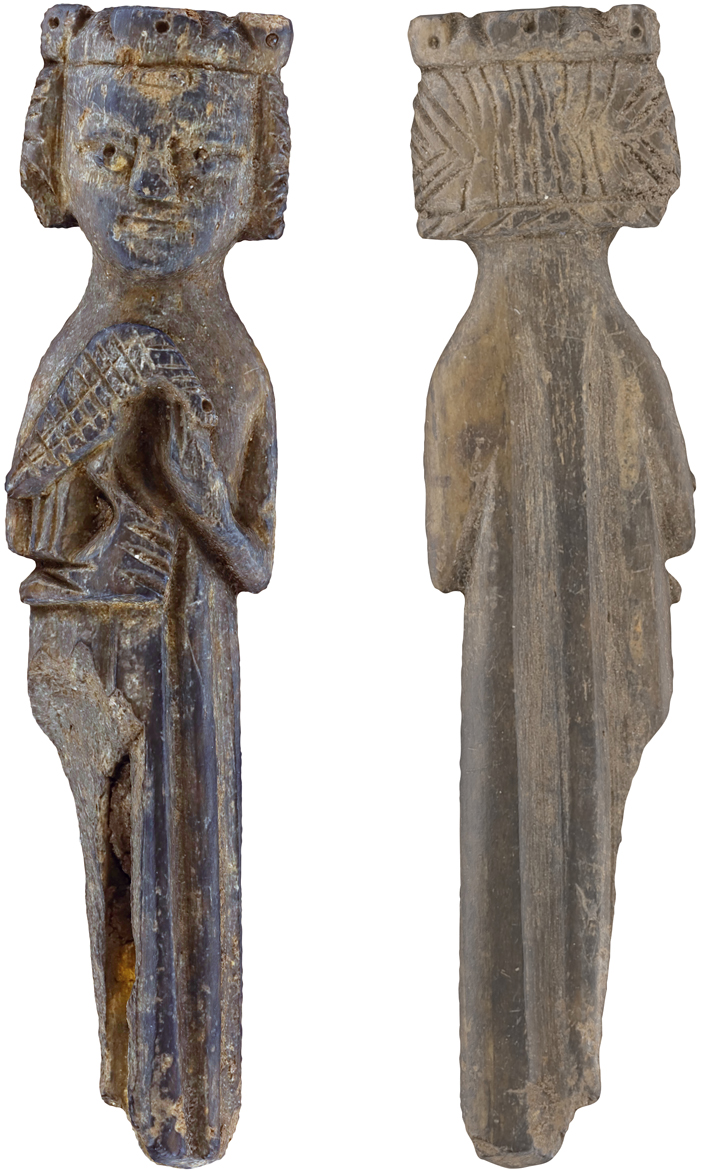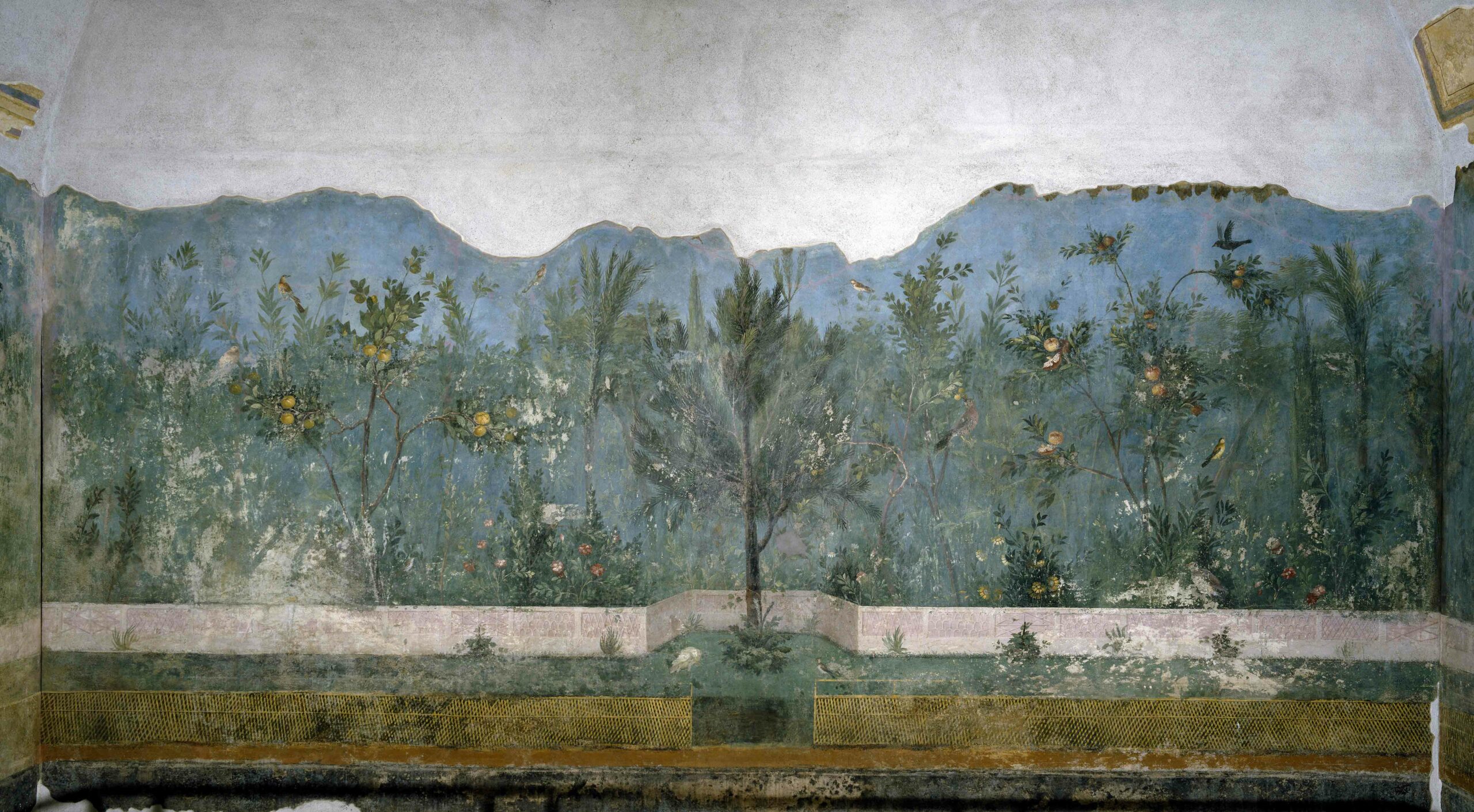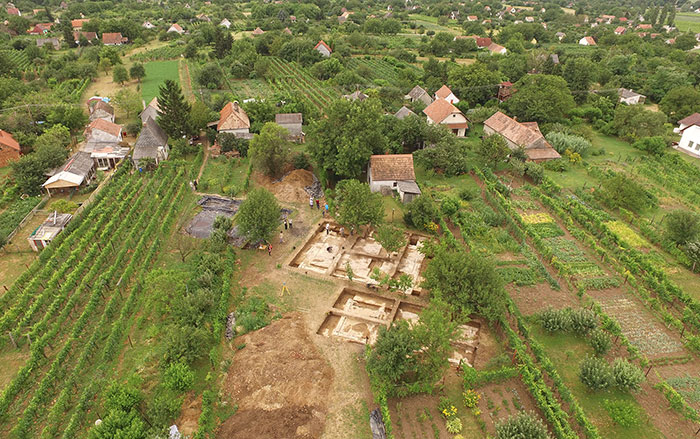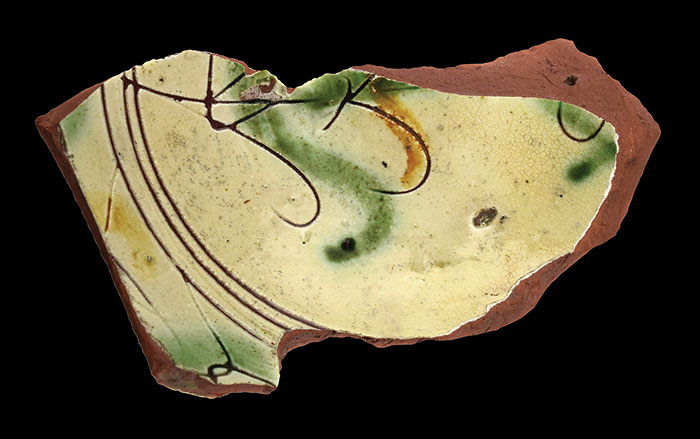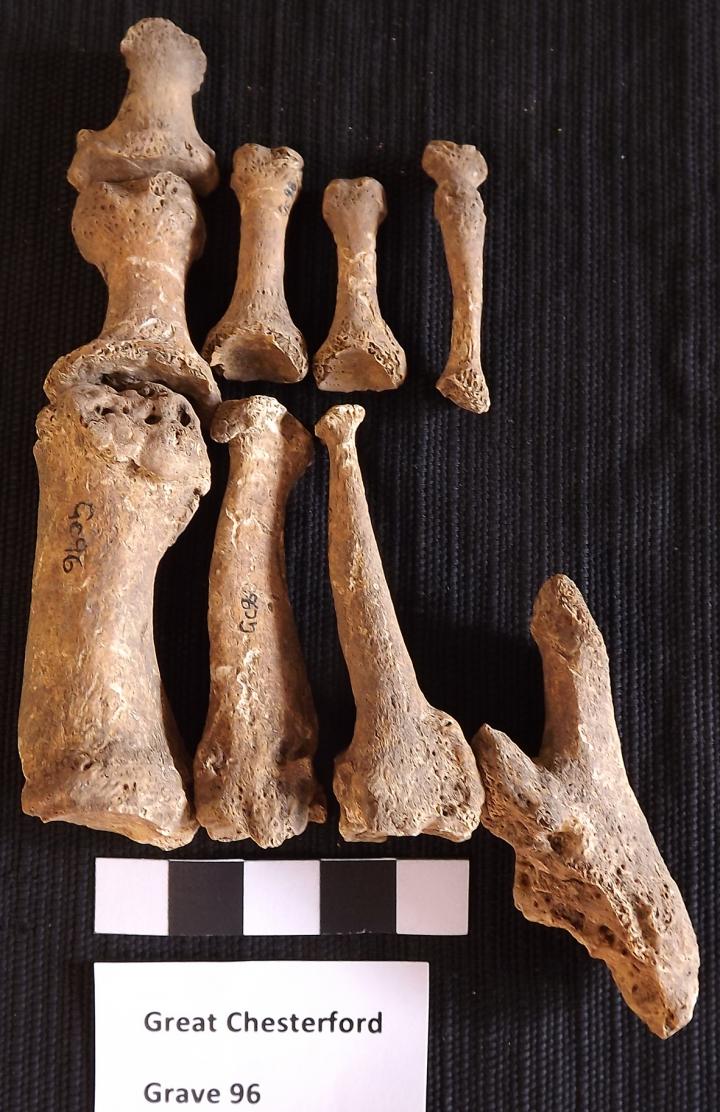
JENA, GERMANY—The Guardian reports that leprosy may have originated in Europe, and not in Asia, as had been previously thought. An international team of researchers led by Johannes Krause of the Max Planck Institute for the Science of Human History sampled about 90 different skeletons bearing the telltale deformations of leprosy. The skeletons were unearthed in Europe, and have been dated to between A.D. 400 and 1400. From the bones, the scientists reconstructed ten new genomes of medieval Mycobacterium leprae, in addition to the one or two strains already known to have been circulating in medieval Europe. “This latest research shows all the strains of the leprosy bacterium were in fact present in medieval Europe, which strongly suggests leprosy originated much closer to home, possibly in the far southeast of Europe, or western Asia,” said Helen Donoghue of University College London. The oldest strain was detected in a skeleton found in Great Chesterford, Essex, in southeast England, which has been dated to between A.D. 415 and 545. This is the same strain found in modern-day red squirrels, and may have been introduced to Britain through the ancient squirrel fur trade. The scientists will continue to search for the disease in even older human remains. For more, go to “Diagnosis of Ancient Illness.”


